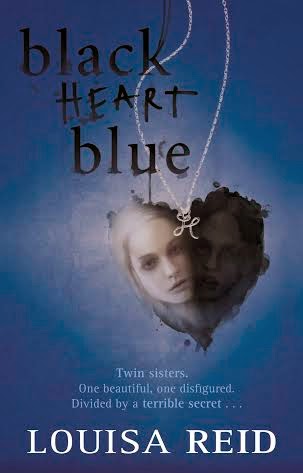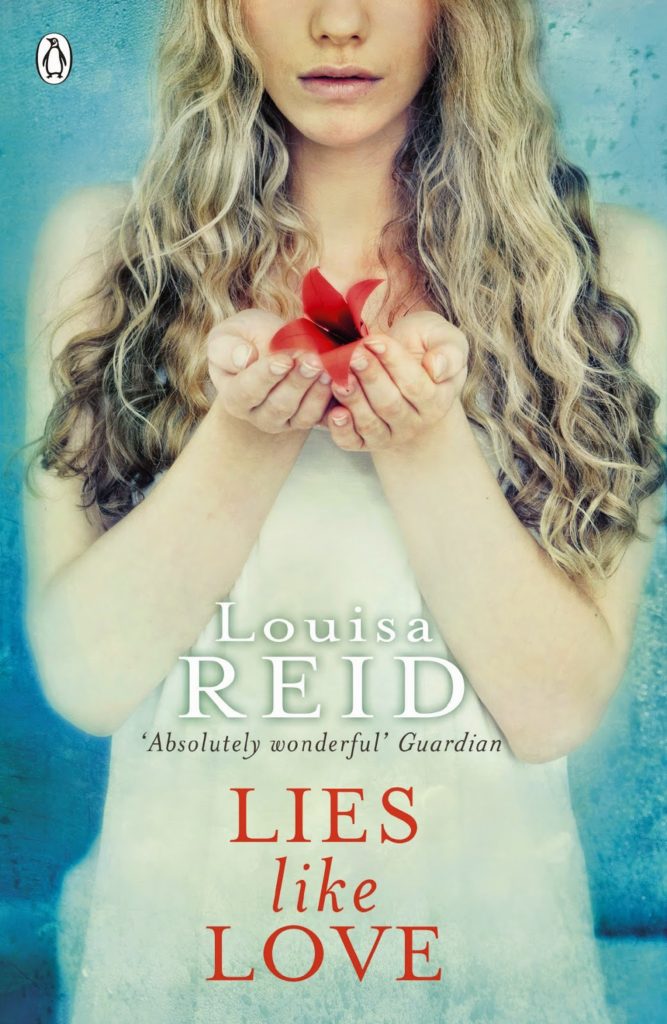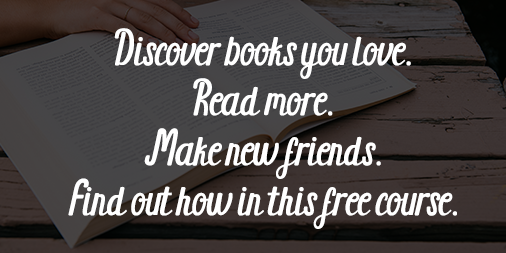Being Emily is the story of Chris/Emily, who has never told anyone before that she identifies as a girl, At the start of the book she decides to come out for the first time, to her girlfriend Claire, and this short novel follows her progress from that point on.
It took me a while to get into Being Emily at first, because there was quite a bit of info-dumping near the start. There are a couple of scenes in which the characters research gender and transsexualism online, featuring several paragraphs that do nothing more than detail what they learned. I already knew pretty much all of the info they find, so I found them a bit dry, and I hoped that the book wasn’t going to continue along the same lines.
Happily, it didn’t, and once those early chapters were out of the way I found myself getting really emotionally involved with the story, which has two points of view. Chris/Emily narrates the bulk of the chapters, but there are several from Claire’s point of view, in third person. I did find this a bit jarring, but I enjoyed both, and I think it was great that they were both included.
Chris/Emily’s loneliness, frustration, determination, and happiness all come across really clearly in her chapters. I felt her excitement as she explored her identity with her friends and therapist and rooted for her as she dealt with her parents and the various setbacks. I was absolutely desperate for things to work out for her and for others to accept her the way she had accepted herself.
I think Claire’s chapters are a realistic portrayal of someone coming to terms with such a big revelation from someone close to them, but what was really interesting about Claire is that she is religious. Rachel Gold, the author, has a degree in English and Religious Studies, and Being Emily does not shy away from the subject of gender and Christianity at all, which was fascinating. Most of the characters that bring up Christianity in reference to gender believe that God condemns trans people, but Claire, who has a strong interest in early Christianity, finds that Bible studies and her personal relationship with God help her understand, come to terms with, and even defend Chris/Emily’s identity. There were some quotes from the Bible in Claire’s sections and some interpretations she provides that I had never heard before.
Online communities and gaming also play an important role in Chris/Emily and Claire’s lives, and that’s always great to see to in books.
I know that a lot of readers are a bit bored with coming-out stories, but Being Emily has some unique aspects that I think will make it a worthwhile read, especially for readers that don’t know very much about trans issues.
My main caveat is that Being Emily has not been published in the UK, so it’s a bit on the expensive side – over £10 for the paperback edition, though the ebook is cheaper and I was lucky enough to find it in my library’s ebook catalogue.
Some other reviews of Being Emily that I found interesting:
My Life in Neon
erica, ascendant
Lambda Literary
The Lesbrary
Gay YA
I read Being Emily as part of the #LGBTReadathon, organised by the fabulous Faye at A Daydreamer’s Thoughts. Next up: I’ll Give You The Sun, by Jandy Nelson.





